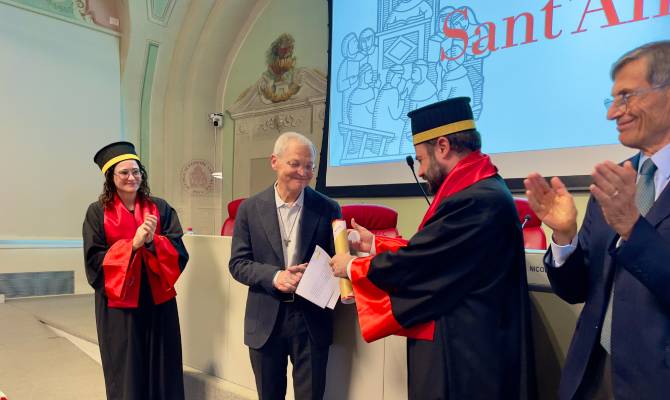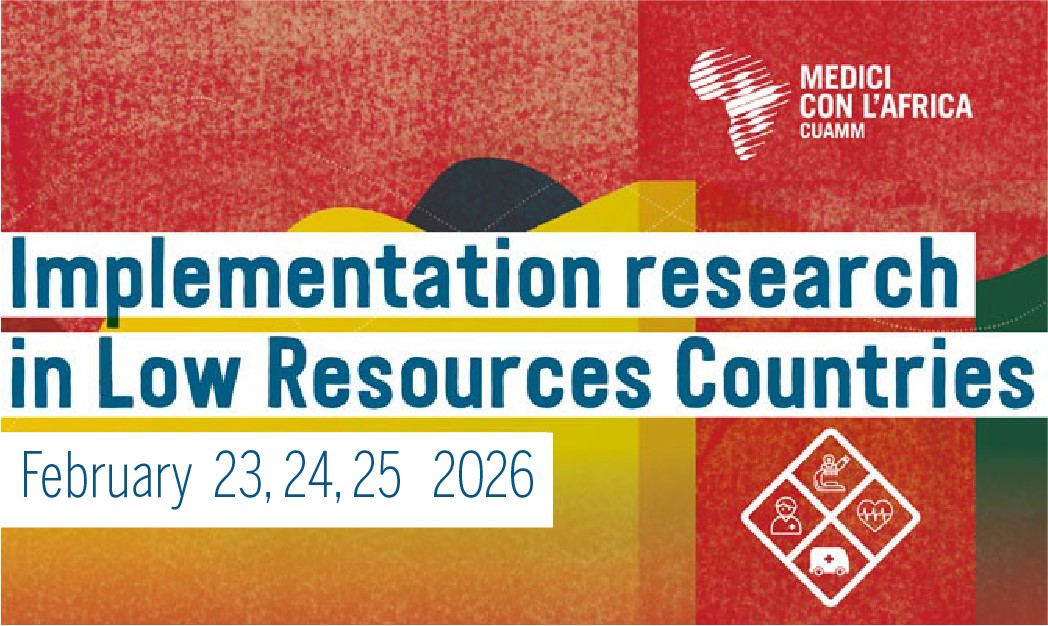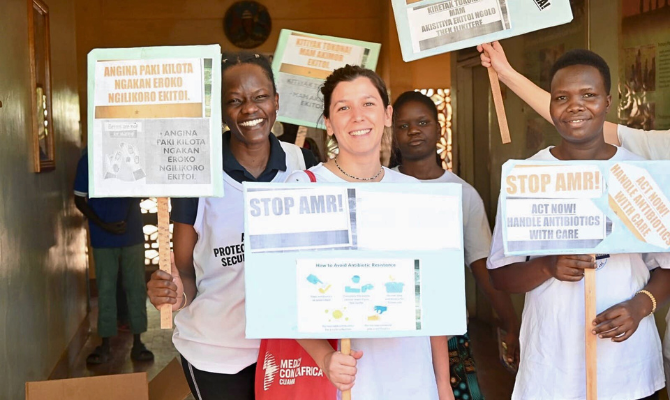Doctors with Africa CUAMM also participated in the African Neonatal Association (ANA) Conference held in Kigali, Rwanda (August 20-22, 2025). The event gathered doctors, researchers, and healthcare workers from various countries to discuss the most urgent challenges for neonatal health in low-resource settings.
CUAMM presented three strategic operational research projects aimed at strengthening African health systems in the field of neonatal health.
The Critical Care Registry project in the hospitals of Wolisso (Ethiopia) and Beira (Mozambique) involved CUAMM collecting data on over 2,600 newborns, creating actual registries to track the management and outcomes of admissions to Neonatal Intensive Care Units (NICUs). The results highlighted significant differences between the two contexts (e.g., in cesarean section rates and the use of ventilation at birth), demonstrating the feasibility and value of implementing low-cost, real-time data collection tools in low-income countries to improve health outcomes.
“It was a moment to share our experiences in different contexts and backgrounds and learn from others. It was an opportunity for CUAMM doctors to meet and engage with colleagues working on the continent, allowing us to plan a common goal and link existing platforms with new innovative initiatives,” said Eleni Hagos, CUAMM pediatrician at St. Luke Hospital in Wolisso (Ethiopia).
The focus on building and analyzing quality data collections is the common theme of the second project presented. Impulse assessed the quality and use of routine data on neonates and stillbirths in four high-neonatal-mortality countries (Central African Republic, Ethiopia, Tanzania, and Uganda). Dr. Ousman Mouhamadou, project coordinator in the CAR, presented the results of the first phase of this international research project, which showed challenges in standardizing registries and data completeness, but also significant opportunities for improvement, emphasizing the need to invest in reliable information systems to guide healthcare policies and clinical care.
“Presenting at the ANA Conference confirmed the power of data as a tool to transform neonatal care and the value of working together as one dedicated team.”
Finally, the EpiNICU study, conducted in collaboration with partners in Italy, Brazil, and Tanzania, investigated stress, anxiety, and depression in parents of newborns admitted to intensive care, involving over 700 mothers and fathers. The results showed a high frequency of psychological distress across all countries, with particularly high levels of depression in Tanzania and severe stress in Brazil. At the same time, parental involvement in care was higher in Tanzania, highlighting the complexity and importance of psychosocial support in NICUs.
CUAMM’s participation was made possible with the support of the Chiesi Foundation, which also funds the EpiNICU and Impulse projects, a collective effort to support health in fragile settings.
“I realized that across the entire continent, we are not alone in facing the challenges of neonatal care in difficult contexts. No matter the location, a newborn is always a newborn, and as a CUAMM team, we had the opportunity to strengthen our network and collaborations,” explained Marco Frison, CUAMM pediatrician at Beira Hospital.
Dr. Franck Houndjahoue, pediatrician, Health Coordinator in Bangui for Medici con l’Africa CUAMM, and scientific advisor to ANA, emphasized:
“CUAMM’s participation in the first ANA Conference in Kigali was highly significant. The organization was represented by staff from three different regions, reflecting the multilingual identity of ANA (French, English, and Portuguese). The three contributions fully align with ANA’s vision and suggest a promising perspective for CUAMM’s projects in the Association’s member countries.”
This confirms CUAMM’s strong dedication and interest in operational research.





